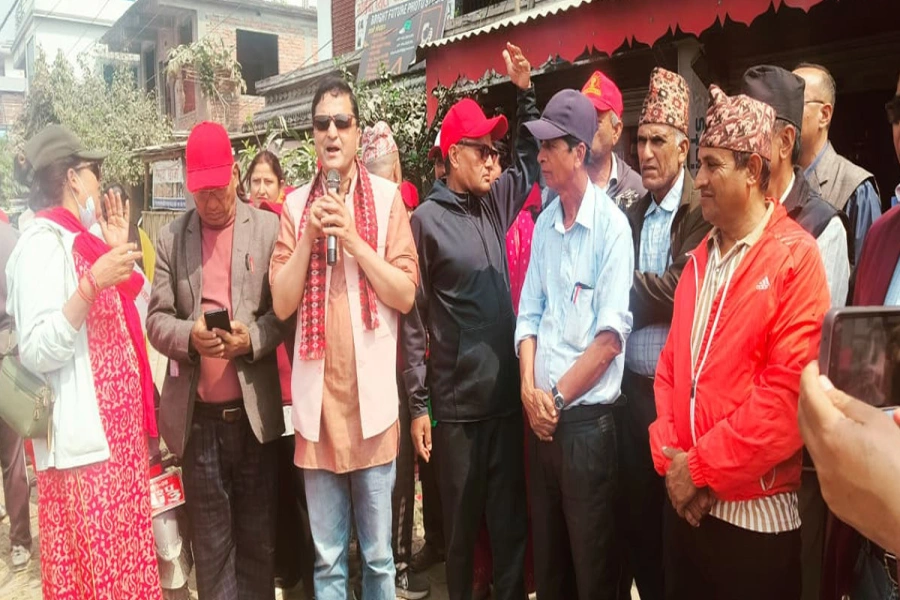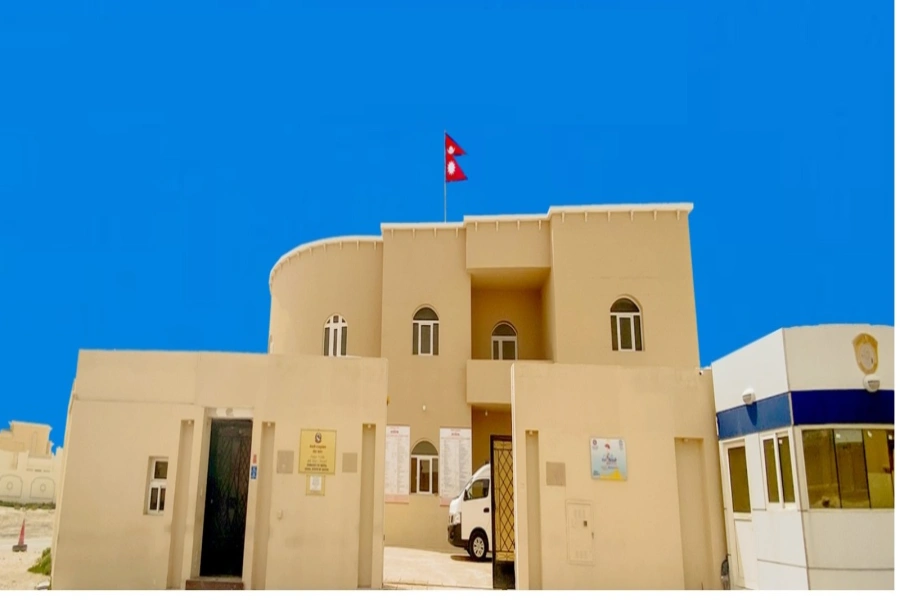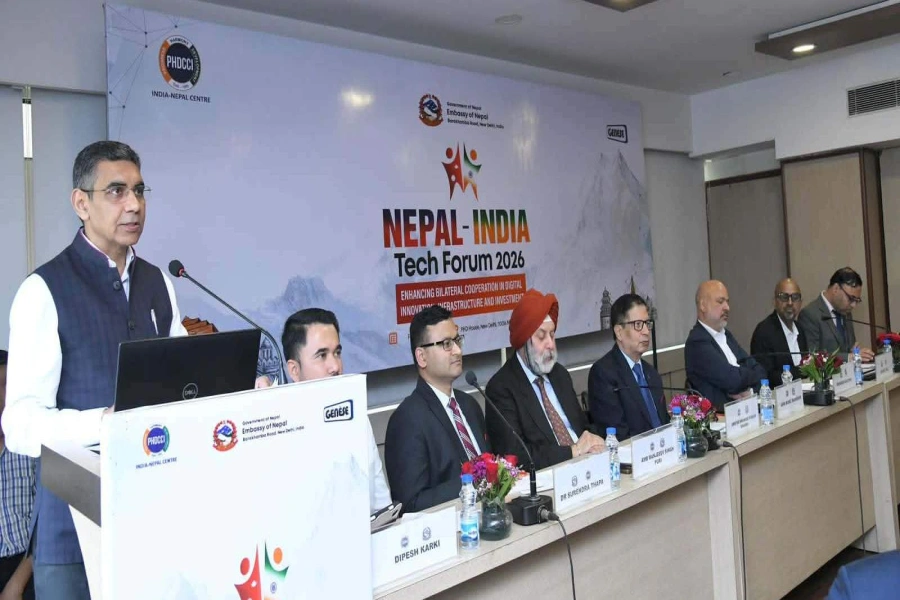KATHMANDU, September 12: Minister for Energy, Water Resources and Irrigation, Pampha Bhusal has pointed out the need for increasing the purchasing power of the people for quality living.
At an event organized by the United Nations Development Program (UNDP) to make the Human Development Report public here today, she emphasized that the country's economy should be strong for that. She pointed out the need for proper use of natural resources including water resources for the development of the country, stating that agriculture, tourism and energy are the main bases for Nepal to build a strong economy.
She said, “In addition to increasing the internal consumption of energy, it is necessary to develop the economy even if it is by exporting energy that is not consumed. It is necessary for everyone to contribute from their respective fields to build a prosperous Nepal by building a self-sufficient economy through the sustainable development of water resources and energy.”
Govt preparing to allow private sector to trade electricity: Mi...

Minister Bhusal said that the electricity produced in the country is completely renewable and clean energy and currently about 95 percent of the people in the country have access to electricity. She added, “In this sense, we can assume that 95 percent of the people have access to renewable energy, she said. Within the next two years, plans are being made and implemented to provide reliable and quality electricity service to all Nepali people”.
She said that the government has arranged to provide free electricity service and install free meters to poor citizens who consume up to 20 units of electricity per month. She said that with the recognition that electricity is a basic need as well as a means of production, tariffs have been reviewed and concessions of up to 75 percent have been given for electricity used in irrigation, and tariffs for domestic and industrial groups have also been reduced.
At present, the total electricity capacity of Nepal has reached about 2000 MW. The demand for electricity is around one thousand eight hundred MW. If the produced electricity cannot be consumed domestically, the government has adopted a policy to export it. Minister Bhusal said that the Nepal Electricity Authority had exported electricity worth 3.84 billion rupees to India in the last financial year, and it has exported electricity worth 1.84 billion rupees in the month of July of the current financial year.
The government is making and implementing an action plan for electricity consumption. Because of that, domestic electricity consumption has increased by about 20 percent this year. Currently, the annual electricity consumption per capita is 351 units, and the government plans to increase it significantly in the future. The government has started a campaign to gradually replace LP gas with electric stoves, 'Leave foreign gas, and add domestic electricity'.
The government has been conducting electrification programs through renewable energy technology in coordination and partnership with the local governments and the consumers. Minister Bhusal appealed to everyone to move forward together for the environmental protection of the world and the development of the human community. UNDP has released this year's Human Development Report titled “Uncertain Times, Unstable Lives: Our Future in a Changing World”.
According to the report, despite the continuous upheaval caused by the Covid-19 pandemic, Nepal managed to rise one place from 2020 to reach 143rd place in the New Development Index, but it has fallen somewhat in the Gender Inequality Index. Nepal was ranked 144th in the New Development Index in 2020. Nine out of every 10 countries in the world have fallen behind in human development as progress has been blocked by crises such as COVID-19 and the war in Ukraine.






































